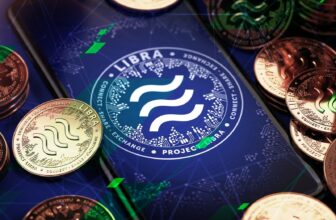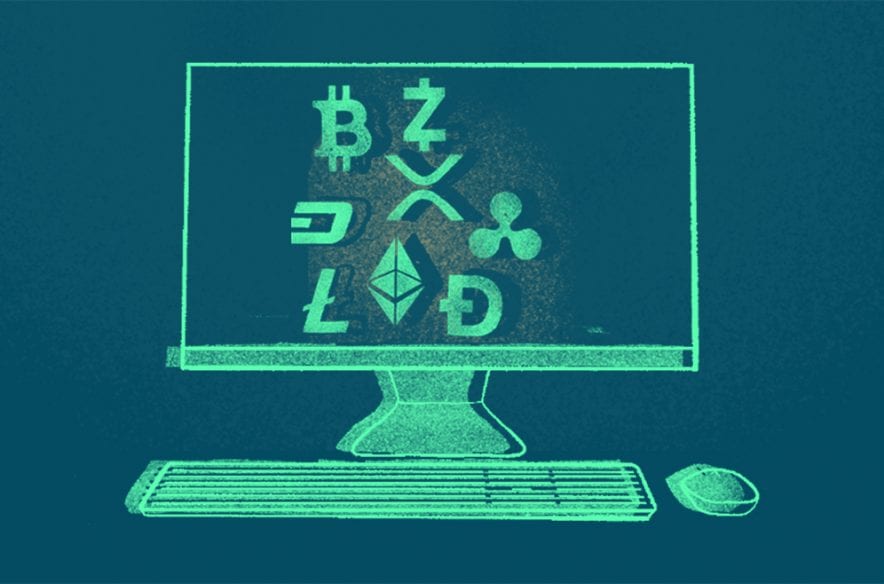
Are you concerned that someone is monitoring your cryptocurrency activities? In today’s digital world, you can accomplish almost anything over the internet, and your online activities generate a slew of valuable data.
Your digital footprints are now being used by snoopers to steal, change, or destroy vital credentials in order to use them for malevolent purposes such as fraud.
Because digital currencies are operated online, cryptocurrency investors are vulnerable to cyber-attacks. The frequency of cyber-attacks on investors is increasing as the price of Bitcoin and other cryptocurrencies rise. This is why selecting a trustworthy and safe crypto wallet is critical. This article discusses some of the security precautions you should take to safeguard your cryptocurrency holdings.
Table of Contents
1. Invest in an Offline Wallet.
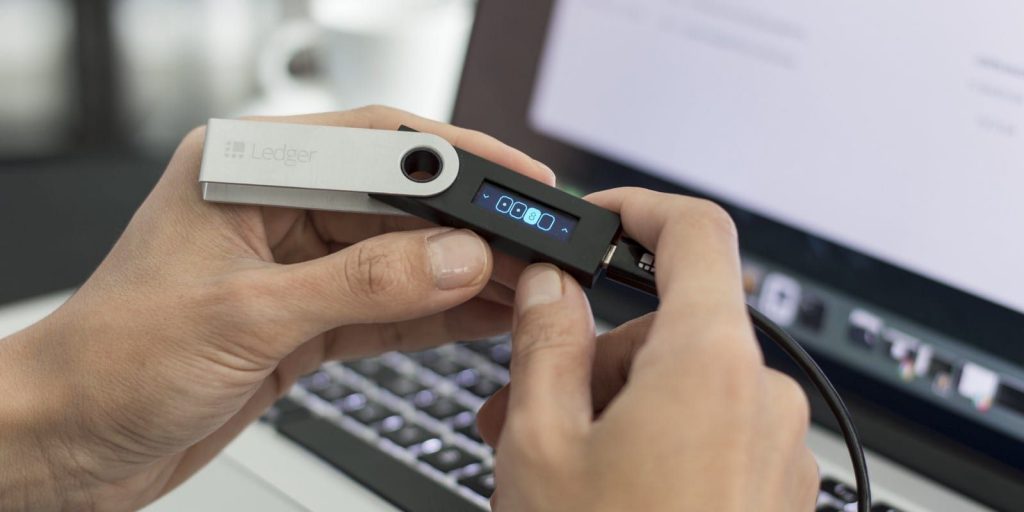
img source: observer.com
Every Bitcoin wallet keeps its bitcoin in one or more “addresses.” Bitcoin addresses are long, unique strings of alphanumeric characters with a private and public encryption key for each address. Other users will use your public key to send bitcoins to your address.
When you want to spend your bitcoins, you will authorize the transaction with your private key. The private key verifies that you own the bitcoins stored at a specific address. As a result, the key to keeping your bitcoins safe is to maintain your private key in a secure location.
When you use an online wallet, you’re effectively entrusting the security of your private keys to the service provider. That is why online wallets are so simple to use. However, this makes internet transactions a desirable target for hackers. Despite their greatest efforts to protect user accounts, these firms are frequently compromised.
Offline wallets are an excellent alternative to online Bitcoin exchanges because they provide you complete control over your private keys and protect you from data breaches at Bitcoin exchanges. They’re more complex to set up and utilize, and they necessitate more excellent technical knowledge as a result.
Start your cryptocurrency trading journey at bitqt-pro.com.
2. All of your cryptocurrency data should be backed up.
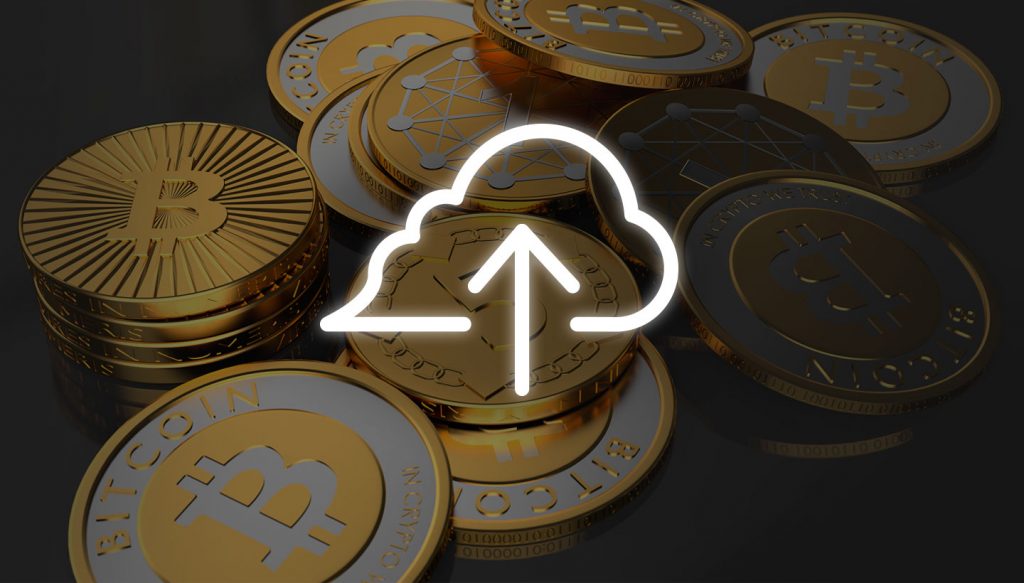
img source: backblaze.com
Your encrypted data is the most crucial aspect of your entire operation. If you make the mistake of not backing up your data, you will be sorry for the rest of your life. You can always buy a new computer if yours is hacked or your laptop is physically taken. However, you’re in a pickle if a hacker steals all your bitcoin funds after gaining access to your data. To circumvent this, keep your cryptographic data offsite. Use an encrypted external disk, a colocation server, and a thumb drive to safeguard your credentials.
3. Keep an eye out for intrusions on a regular basis.
You’ll be able to see the default apps that start in your Task Manager under Processes when you install a clean version of an operating system. Make a note of that list and keep track of how many processes your computer runs on a regular basis.
Great hackers are always working in the background. They may have already infected your computer and are waiting for the right opportunity to strike. As a result, you should check for new processes that start when your computer boots up on a frequent basis. If you come across something that you don’t want, you should act quickly to get rid of it.
4. For each account, use a separate password.
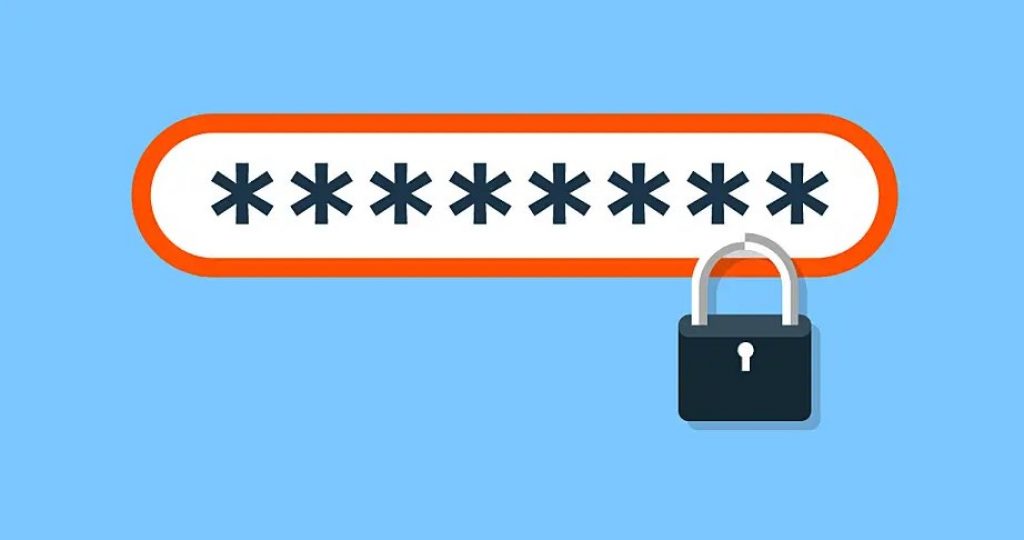
img source: securityintelligence.com
Right now, how many internet accounts do you have? If you use the same password for your accounts, you’re putting yourself at risk. Using strong password combinations and login details for separate accounts is always a smart idea. To make a longer and stronger password that is tougher to crack, use a combination of uppercase and lowercase characters, numbers, and symbols. It’s preferable if you can memorize your Bitcoin wallet password because it’s confidential information that shouldn’t be shared with anyone.
5. Make sure you’re connected to the Internet via a secure connection.
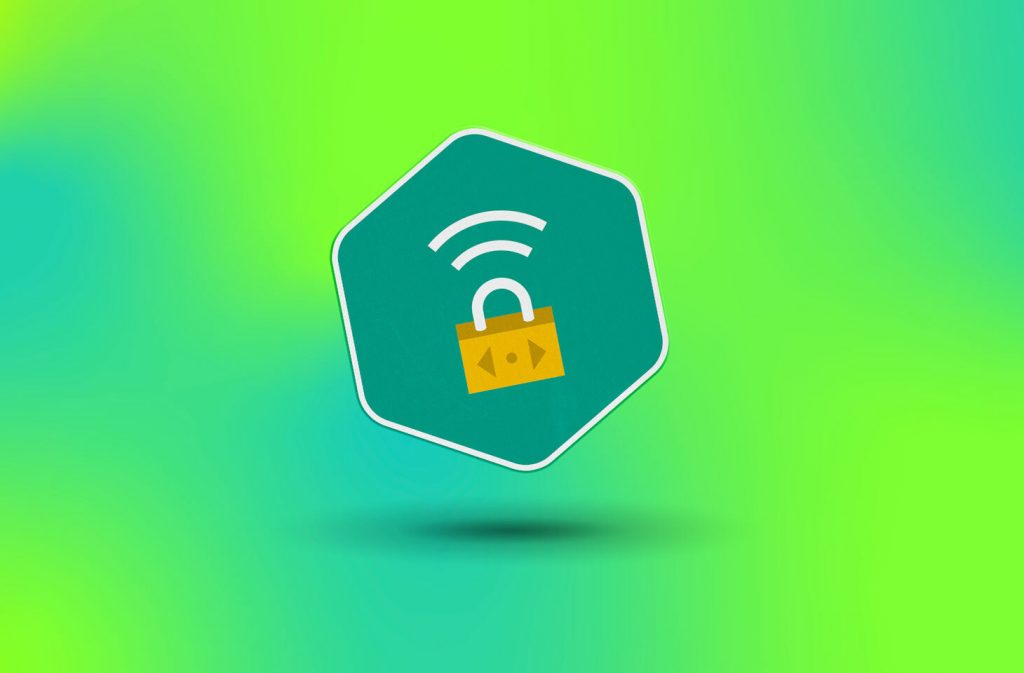
img source: kasperskydaily.com
Do you enjoy using public Wi-Fi? Hackers do too! Because free Wi-Fi networks are frequently insecure, hackers can easily obtain a user’s personal information. If you need to connect to the Internet while running errands outside, it’s best to use your mobile data to access password-protected websites and apps like bank accounts and online wallets, as well as business and social networking accounts. To avoid unknown connections with other devices, use a virtual private network (VPN) to protect your connection and switch off your phone’s Bluetooth connection.
6. When downloading (even on your phone!) be cautious.
Malware can be attached to files, and once on your device, the malware can carry out a variety of malicious operations. Gone are the days when the only thing you had to worry about was someone piling up your phone bill or Internet usage. Now you have to be concerned about malware reading your keystrokes, enabling hackers access to your accounts, and even allowing them to read your phone’s screen.
Not only in email, but also when downloading files, use caution. Keep in mind that there are some really smart people in the crypto world. Files will be shared in communities, on Telegram, Facebook, Reddit, and other platforms. It’s tempting to click on them, but keep in mind that they could be bait. Always proceed with caution.
7. Keep your Bitcoin wallet’s email address separate.
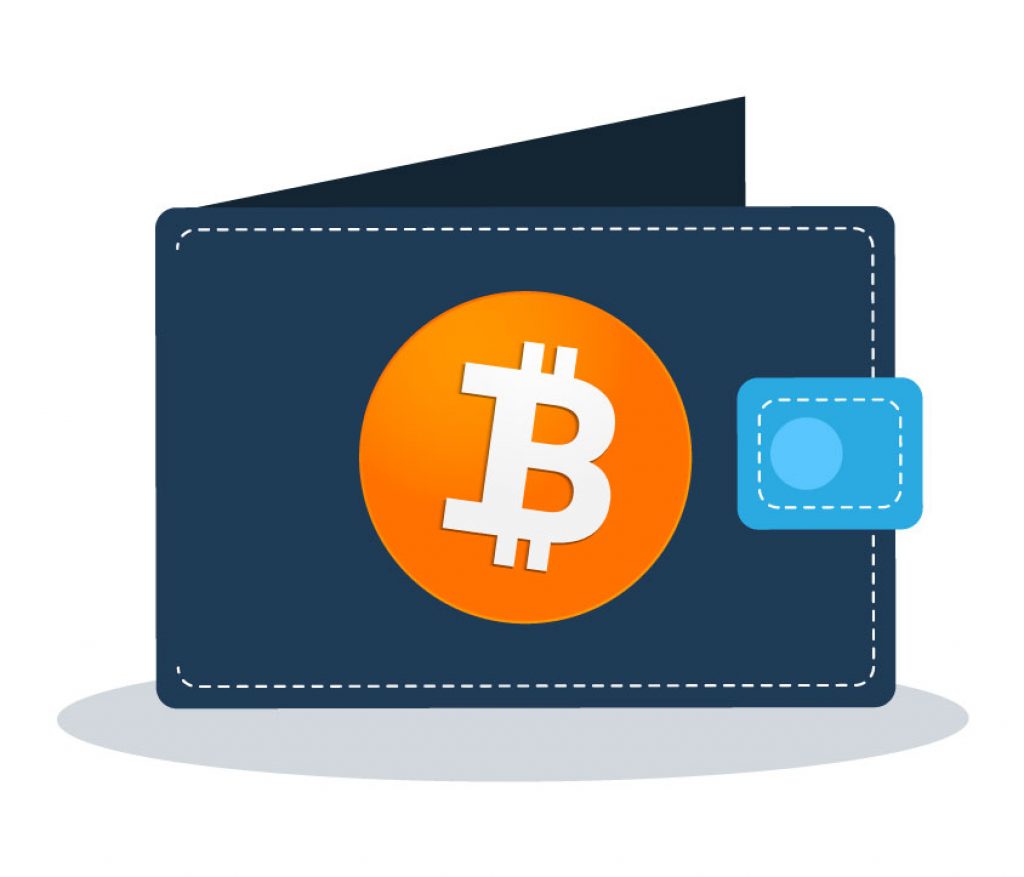
img source: bitnovo.com
Most people have a primary email account for our everyday conversations, but you use the same email address for Facebook, Twitter, and PayPal. It’s something you tell your friends, family, and coworkers about. They could pass it on to others, and a hostile hacker could finally get their hands on it.
If this email is linked to your online wallet, the hacker has one of two key pieces of information to gain access to your wallet. Use a different email address for your online wallet than the one you use for everything else. This reduces the likelihood of a cybercriminal gaining access to your account.
Conclusion
The most crucial thing on your mind right now should definitely be securing your cryptocurrency funds. Unless you believe you are well-protected, begin taking steps and devoting time to improving the security of your crypto activities. Best of luck, and please be safe!




